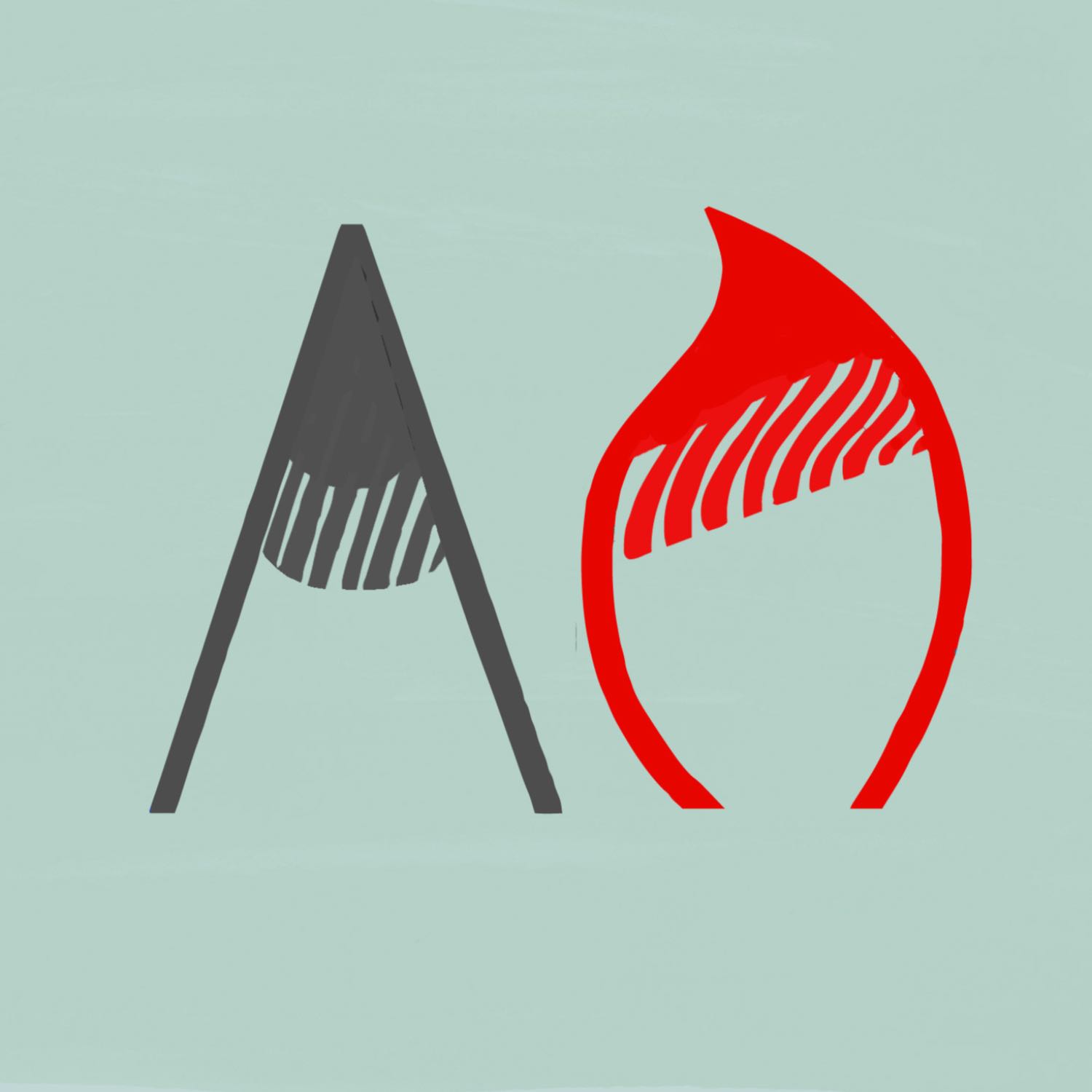Being “Cured” but No Longer Being Yourself: Tuberculosis Sequelae and the Unseen Second Lives of Romanian Tuberculosis Survivors - Jonathan Stillo
It is well known that tuberculosis (TB) damages the physical body. Less known is the fact that the body is frequently damaged by one or more of the many side effects of TB drugs. What is even less recognized, including among doctors, is that this multi-layered damage often lasts long after a person is cured and may be irreversible. In this article I will discuss hearing loss and other sequelae (aftereffects of a disease or injury) caused by tuberculosis and its treatment and experienced by people in Romania. I argue that these harms change TB survivors’ sense of self, and that, because of how treatment is organized, medical providers, who deem them “cured” may not know about their sequelae or their struggles to return to their former lives. This article is based on long-term ethnographic fieldwork that took place in Romania mainly between 2009 and 2016 at several hospitals and clinics. This fieldwork included survey and interview methodologies, as well as participant observation, which entailed accompanying medical staff on rounds and living at a TB sanatorium for six months. The long duration of the fieldwork allowed me to see how a person experiences the entire trajectory of their illness, including its progression long after they leave the view of the medical system.Illustration by Adela Holdonhttps://theanthro.art/being-cu....red-but-no-longer-be

